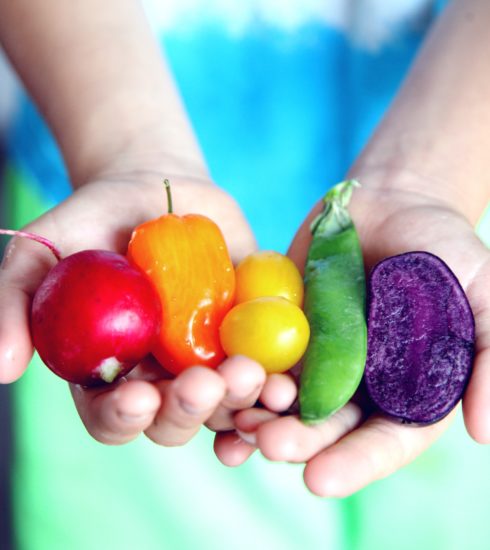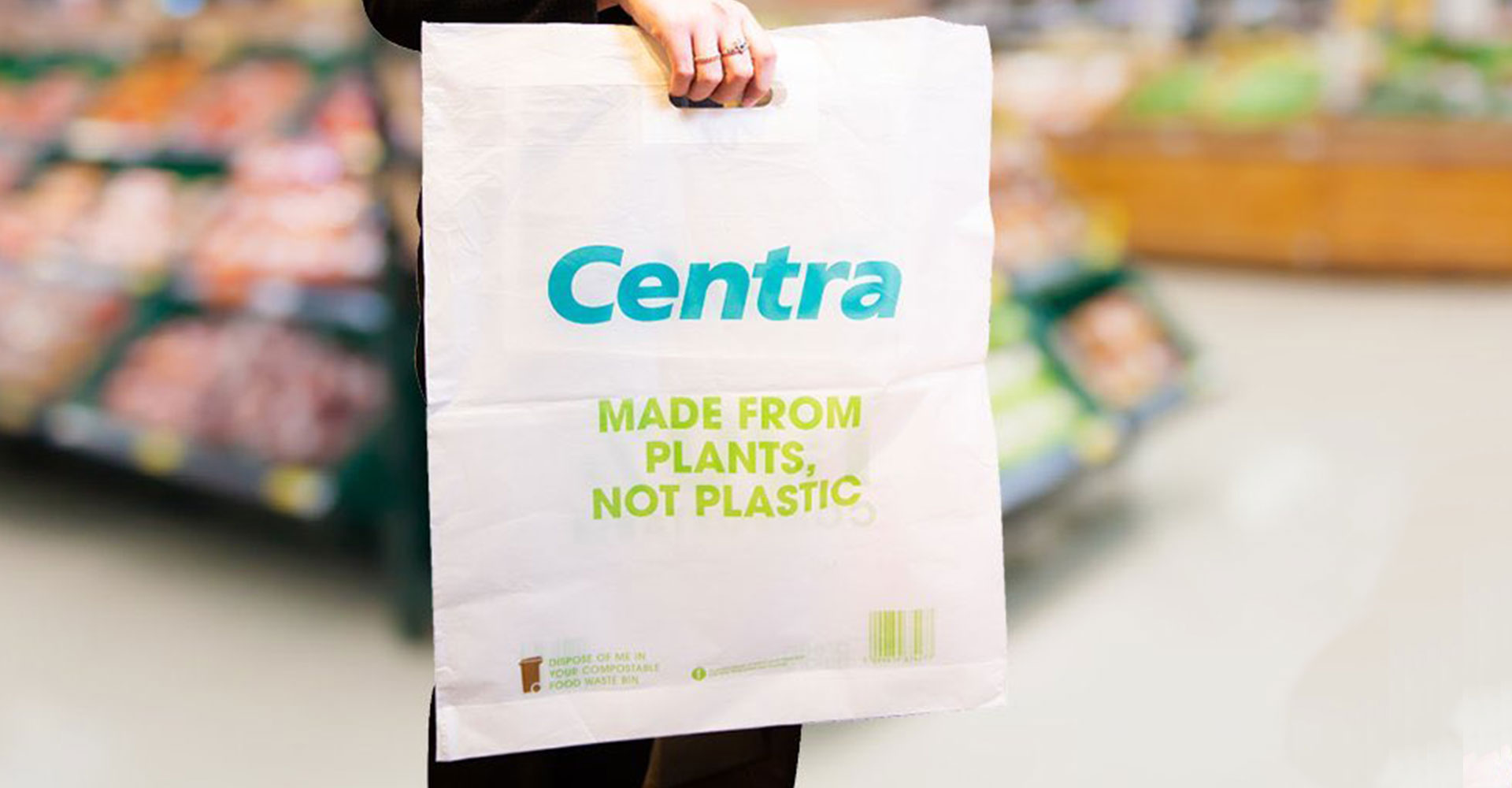Primark is learning about a sustainable future
Katharine Stewart, ethical trade and environmental sustainability director at Primark talked at Drapers Sustainable Fashion 2020
(Primark is branded Penneys in Ireland of course)
Stewart tells her audience that ensuring collaboration rather than competition, knowing your supply chains and investing in the future will drive sustainability in the fast fashion market.

After 10 years working on the sustainability of its cotton supply chain, Primark will have trained 160,000 farmers in sustainable practices by 2020 through its sustainable cotton project across India, Pakistan and China. Stewart shared her lessons from the programme.
Sustainable doesn’t mean expensive
Just because something is sustainable does not mean it has to be expensive. With our sustainable cotton programme, we focused on one of our key lines – women’s cotton pyjamas. But it hasn’t cost more. The retail price of £6 has stayed the same and we’re not paying any additional costs.
Farmers have benefited from 12.9% higher yields and lower input costs with a 26.2% reduction in chemical fertilisers, 46% reduction in chemical pesticide usage and 15.1% reduction in water usage. Farmers’ profits have rocketed by 206%.
Sustainability should not be competitive
I don’t think anything in this space should be competitively viewed. We at Primark are happy to share anything we’ve done in this area
Something that is key for us is the importance of visibility and transparency. The more we see and know, the more we can do.
Ten years ago we wouldn’t have said what our ambition was [to have 100% sustainable cotton] because that was putting it out there, but now it’s much easier to have that conversation, and say what you’re doing to try and grow your business.
It’s personal
It’s not just about the impact of growing the cotton – it’s about the impact on the people growing the cotton, as well. With our sustainable cotton programme, we developed a more holistic project which made sure we didn’t forget the impact on the agronomy, but also didn’t forget the farmers themselves.
If leaders are hesitant to get involved, take them and show them. This area is about hearts and minds, so showing them what it looks like and who the people are at the end of the supply chain will make a fundamental difference.
The future needs investment
At the moment Primark is investing in making cotton sustainable, but the next steps are to look at viscose and polyester. We already have a lot of recycled polyester in our clothing. But we need to look at more sustainable sources. We need to look at recycled cotton and circular economies.
There is new technology and new fibres coming through that need investment – both financial and knowledge-based support to work out what scale-up looks like.
We are on a journey. What we’ve done so far with cotton is not the only thing we need to do, but it’s momentum to move us forward.





